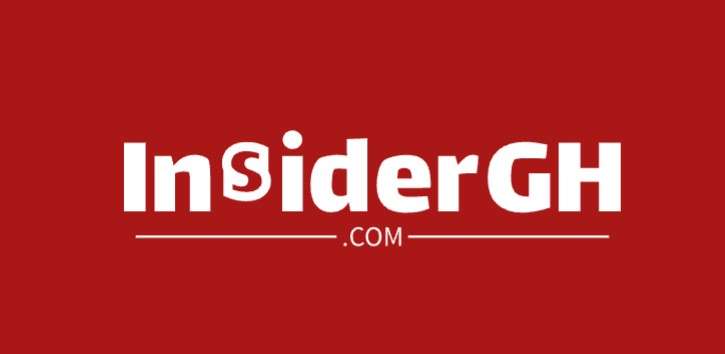In response to mounting concerns about radiation levels, Apple has announced its plans to release a software update for iPhone 12 users in France.
This move comes after sales of the iPhone 12 were temporarily suspended in the country due to regulators detecting higher-than-permitted electromagnetic radiation emissions. French digital minister, Jean-Noel Barrot, confirmed the impending software update, which is expected to be rolled out in the coming days.
Apple has been directed to address the radiation issue by the French authorities. However, the tech giant clarified that the forthcoming update would solely apply to users in France, where a specific testing protocol is in place. Apple also emphasized that the radiation concerns were a result of this unique testing procedure and insisted that they do not pose any safety risks.
This development raises questions about Apple’s plans for the iPhone 12 in other countries, as the smartphone was released just three years ago. Barrot indicated that the French radio frequency regulator (ANFR) would evaluate the new update for compliance before permitting the iPhone 12 to return to the French market.
The World Health Organization (WHO) has previously sought to allay fears regarding radiation emitted by mobile phones, stating on its website that there is no evidence to suggest that exposure to low-level electromagnetic fields is harmful to humans.
In a statement provided to AFP news agency, Apple reiterated that the radiation findings in France were specific to the country’s testing protocol and not indicative of any safety issues. The company affirmed that the iPhone 12 complies with emissions regulations worldwide and intends to issue a software update for French users to align with the French regulator’s protocol.
Previously, the ANFR had informed Apple that, if the issue couldn’t be resolved through a software update, a recall of all iPhone 12 devices sold in France might be necessary. The regulator determined that the iPhone 12’s Specific Absorption Rate (SAR) exceeded the permissible limit in France.
The iPhone 12, first released in September 2020, continues to be sold worldwide. Apple has contested the ANFR’s findings, providing lab results from both internal and third-party sources to demonstrate the device’s compliance with relevant regulations.
Despite the current situation, Apple has not announced any updates or actions in the UK and US markets. However, regulators in Belgium, the Netherlands, and Germany have now also begun investigating the issue, raising the possibility of broader implications for the entire European Union (EU). Germany’s BNetzA network agency noted that the French investigation could lead to measures applicable to all EU member states.








































